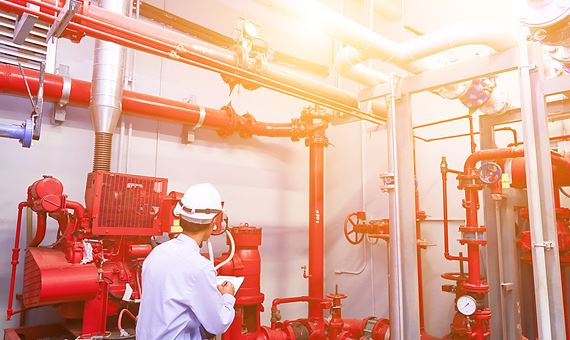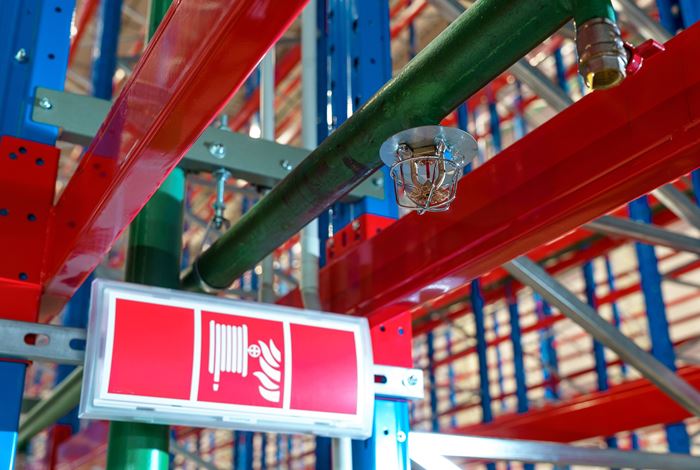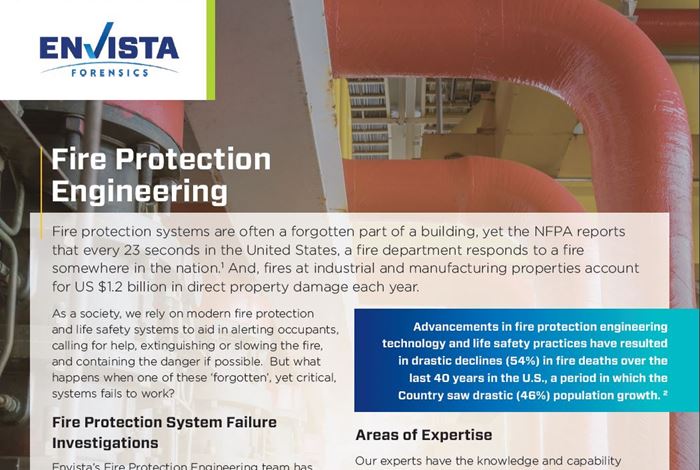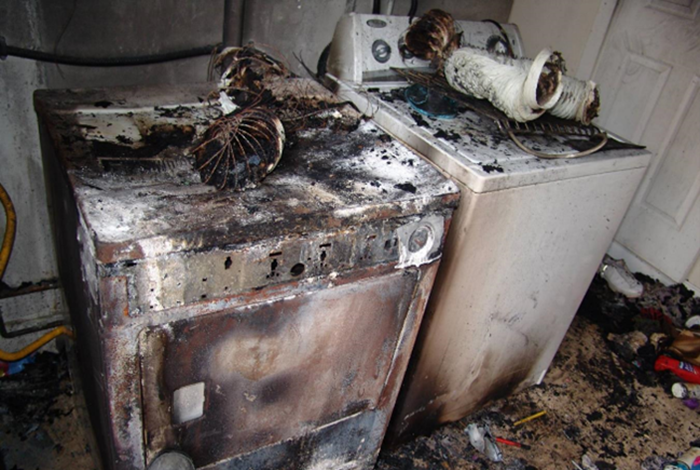Fire Protection Engineering Investigation
In 2019, the National Fire Protection Association (NFPA) estimated fires in the United States resulted in $14.8 billion in damage.1 Fire protection engineers use scientific data and engineering principles to protect people, property, and the environment from adverse fire effects.
Envista's engineering professionals have years of experience in fire engineering and strong backgrounds in fire protection system inspection and analysis. They also have access to cutting-edge investigative technology.
Fire Protection System Investigation
Fire protection engineers have the knowledge and capability to inspect fire protection systems, including:
- Active suppression: reviewing sprinkler, wet and dry chemical, and gaseous systems for performance and adequacy, which can include inspections, testing, and maintenance history in addition to design
- Alarm systems: ensuring appropriate design, code/standard compliance, and effectiveness
- Building codes and related standards: ensuring codes and standards are used correctly and met by design
- Incident analysis: providing timeline data for fire growth and smoke generation during an event
- Liability: investigating and determining which parties should be responsible for loss recovery
- Passive fire protection systems: inspecting fire barriers, fire doors, fire resistance, firewalls, and determining adequacy or performance
- Smoke control: analyzing the effectiveness and code compliance of these systems that are required for high-rise and many large atrium facilities and which integrate HVAC and fire protection systems to improve survivability
- Water supplies: analyzing water supplies for compliance and adequacy, including city water, dedicated fire tank, and pump, pressure tank, underground mains, and fire hydrants
Fire Safety Examination
Our fire safety experts can examine and analyze incidents relating to:
- Alarm systems
- Building code compliance/integration
- Commodity and product testing and evaluation
- Dry chemical systems
- Evaluations of fire growth and smoke transport
- Explosion venting
- Fire barriers
- Fire sprinkler systems
- Fire walls
- Gaseous agents
- Process separation
- Separation distance
- Smoke control
- Wet chemical
Please visit our expert directory.




















